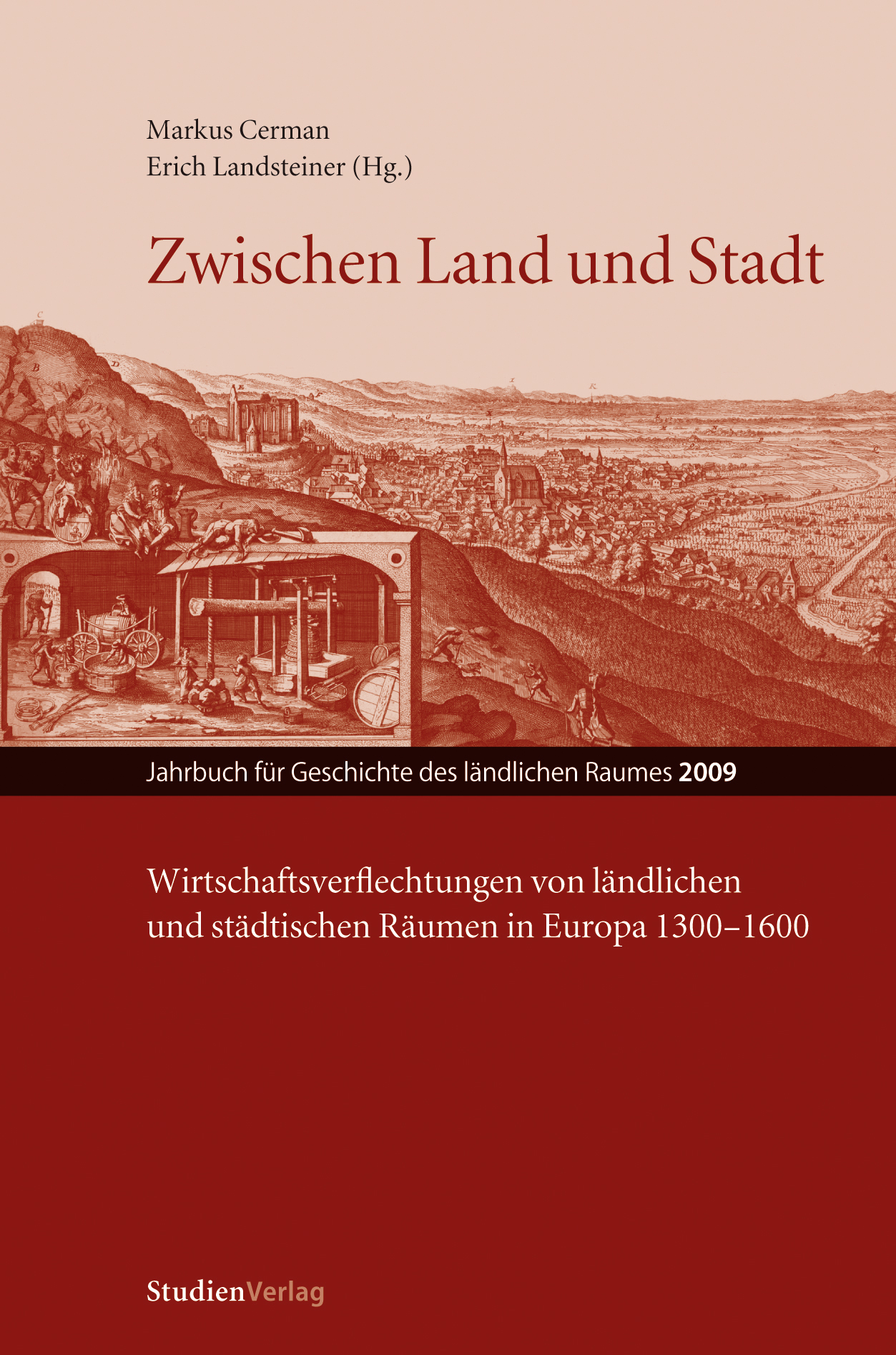Wirtschaftliche Stadt-Land-Beziehungen in den böhmischen Ländern an der Wende vom Mittelalter zur Neuzeit
DOI:
https://doi.org/10.25365/rhy-2009-5Abstract
While previously the Bohemian market system had been dominated by royal towns, from the fifteenth century onwards, the Bohemian lands experienced an expansion of seigniorial towns and small towns holding various economic privileges. The result was a dense network of hierarchic market centres all over Bohemia. During the fifteenth and sixteenth centuries, the density of the network increased further, minimizing the potential hinterland and thus increasing competition between the market centres and their actors – nobility, townspeople and the towns as corporate bodies. Furthermore, a considerable part of the trade was not conducted on institutionalised markets but between traders and peasants as well as seigniorial lords and their subjects. From the sixteenth century onwards, noble seigniorial lords ventured in brewing, creating competition for the traditional breweries in royal towns. In turn, the royal towns strengthened their role as manorial lords: the cities as corporate bodies purchased land and claimed manorial rule, and wealthy townspeople in imitation of nobi- lity purchased land and manors.


